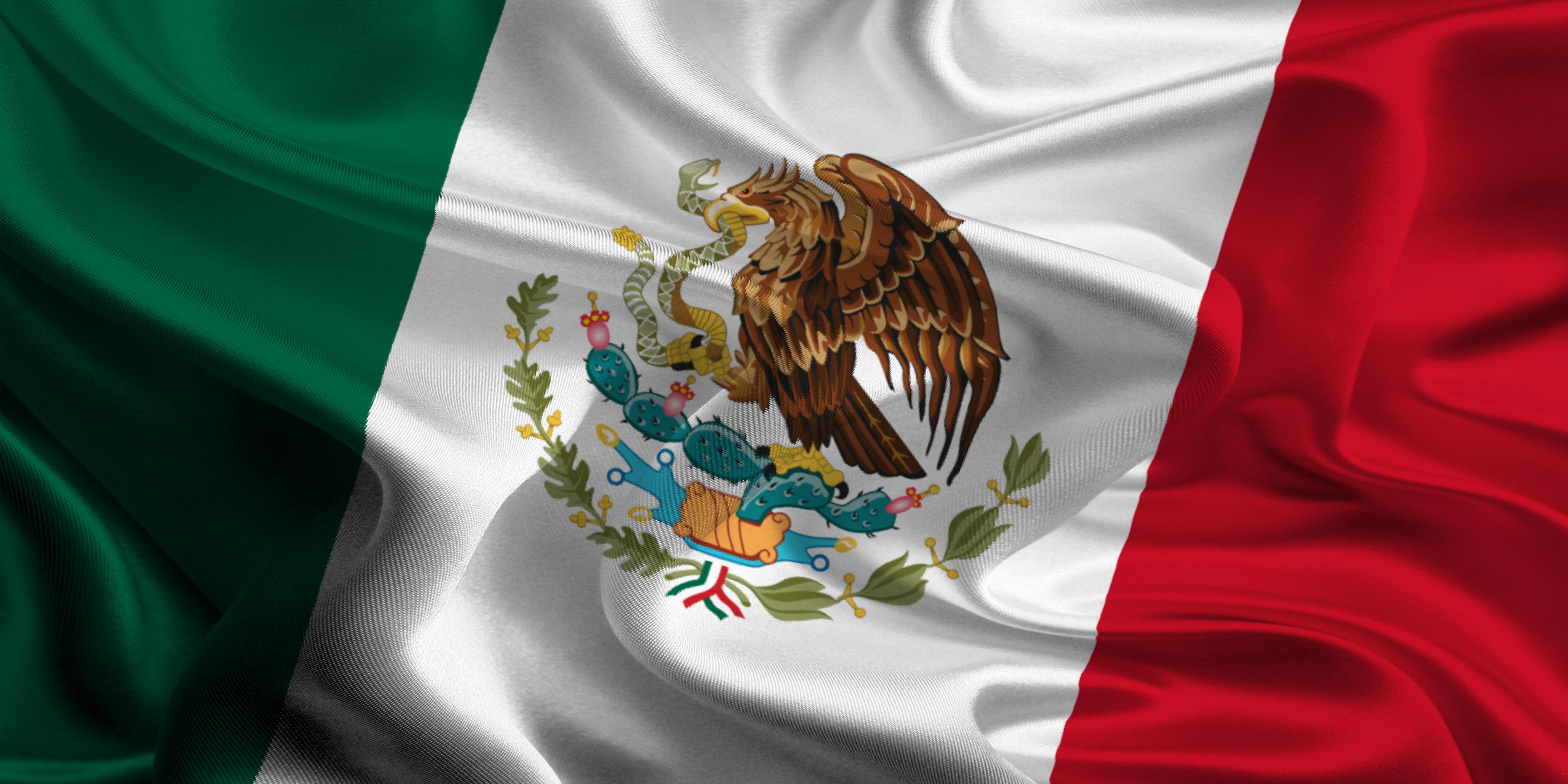Cannabis Legalization: Will Mexico Beat the US?
Cannabis regulation in Mexico is a key topic this week. The US, Canadian, and Mexican economies are more closely intertwined than other countries.
Sept. 16 2019, Updated 10:13 a.m. ET

Cannabis regulation in Mexico is a key topic this week. The US, Canadian, and Mexican economies are more closely intertwined than other countries. According to the U.S. Chamber of Commerce, about 14 million US jobs relate to trade with Mexico and Canada. Therefore, these countries might take cues on regulating an industry from each other.
Cannabis legalization
Cannabis regulation is a good example. After Canada legalized marijuana for recreational use in October 2018, legalizing marijuana in Mexico and the US gained momentum.
While several US states legalized recreational cannabis, Mexico wants to move in that direction as well. A bill to regulate cannabis was introduced in the Senate on September 3. Senator Julio Salazar, the bill’s sponsor, hinted at taking cues from Canada and the US on regulating cannabis. As a result, there will be a discussion on the bill this week.
Why does Mexico need to regulate marijuana?
Mexico has a history of drug-related crimes. The country has one of the biggest drug trafficking cartels led by El Chapo Guzman. Regulating marijuana could reduce drug crimes in the country.
For example, keeping “profits out of the pockets of criminals” was one of the goals for legalizing and regulating recreational cannabis in Canada. The country legalized cannabis to introduce a legal marketplace for companies. As a result, the companies would have access to capital markets to build the industry. The companies would also conduct research and develop advanced marijuana-infused products. Growth in the legal cannabis market would replace the illicit market.
Canopy Growth (WEED) (CGC), one of the biggest players in the cannabis market, offers several brands to recreational customers. Aurora Cannabis (ACB) doesn’t expect too much demand from advanced cannabis-infused products, according to a Bloomberg report. There’s also the potential for Aphria (APHA) to develop the vaping market in Mexico if legalization follows through.
What we think
While Mexico moves to regulate marijuana, Canadian companies might sell their products to a new market. However, enforcing the regulations will determine the success in Mexico. According to Transperancy.org, Mexico ranked 138 out of 180 on the Corruption Perception Index in 2018. Uruguay, which was the first country to legalize and regulate recreational marijuana, was ranked at 23. Canada was ninth on the same index.
Federal marijuana legalization in the US might be even more distant. Even individual states face setbacks regarding cannabis regulations. However, President Trump might legalize cannabis. With the 2020 election around the corner, we’ll have to see how he approaches the issue. The Trump administration might ban vaping, which could be one of the biggest markets for marijuana companies.
